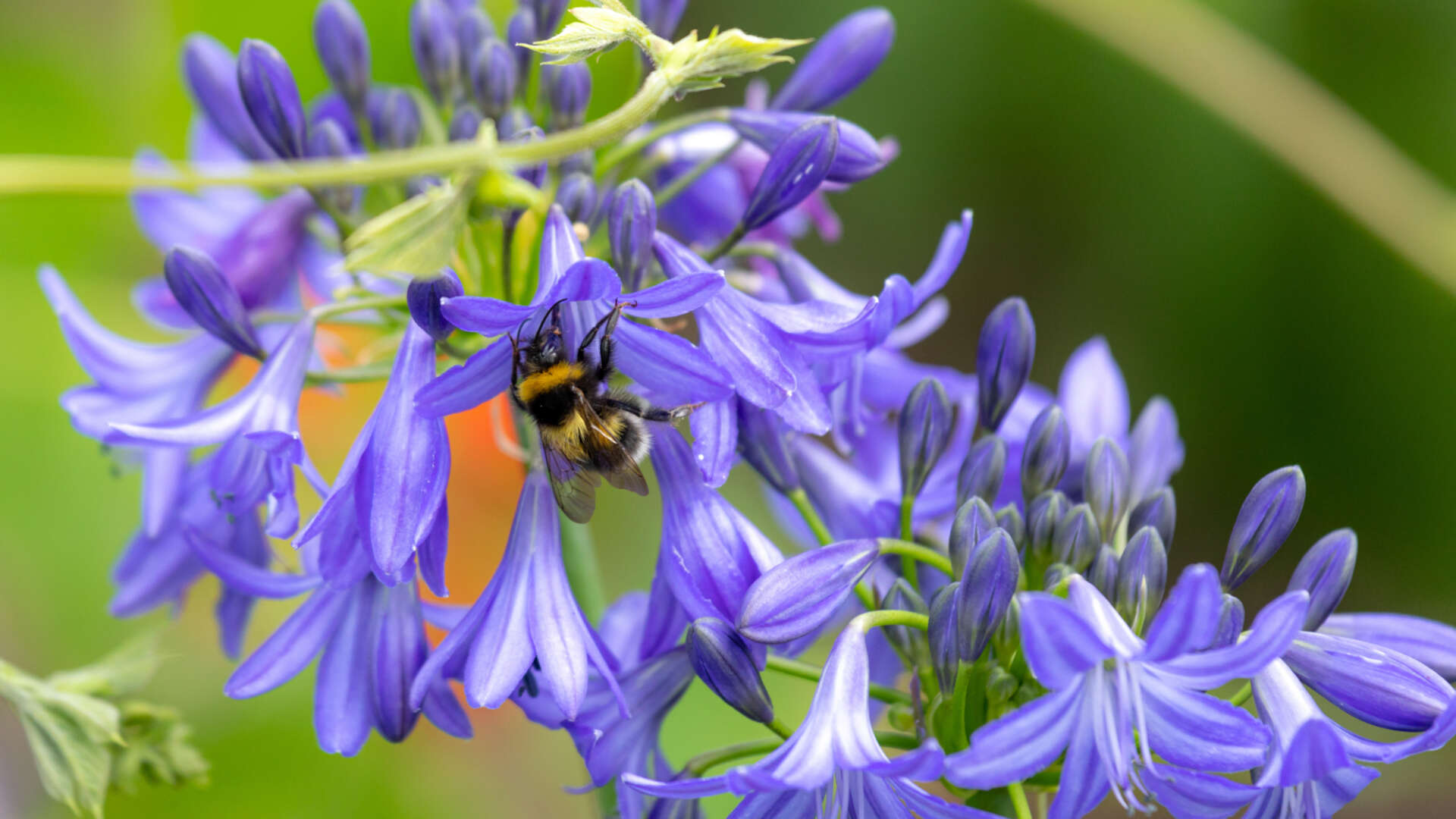Do different pollinators affect plants?

Brassicas pollinated by bumble bees became taller and with more fragrant flowers than those pollinated by hoverflies. This implies that different pollinators will rapidly affect a plant's evolution. It then became evident that bumblebees preferred bumblebee-pollinated plants over hoverfly-pollinated plants. Could the plant have adapted to the bumblebees’ preferences?
The research paper was published in Nature. As the researchers write:
Our study shows that plants pollinated by bumblebees evolve taller size and more pronounced floral signals, with increased ultraviolet reflection, thereby becoming more attractive to bumblebees. In contrast, hoverflies, being much less efficient pollinators, cause the evolution of spontaneous self-pollination. We conclude that different pollinators lead to diverging evolutionary trajectories in plants, and that the loss of efficient pollinators, such as bees, in natural habitats may have rapid evolutionary consequences for floral traits and mating system in plants.
For other interesting articles on research into pollinators and wildlife gardening, go to The Wildlife Gardening Forum